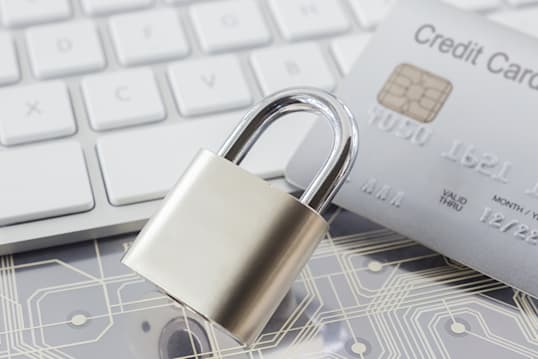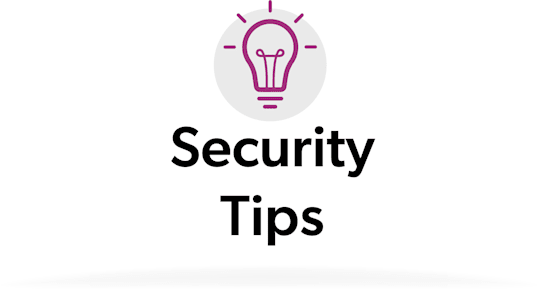
Blog
Take steps to keep your personal financial information and business safe.
We want to give you tips to protect yourself from some fraudulent tactics. If you receive a suspicious communication: do not engage with the text sender or caller, document the contact information, if possible, and contact our Treasury Management support team at 608-232-5938.
The Security Addendum in the Master Online Banking and Treasury Management Services Agreement sets forth the required commercially reasonable Security Procedures that apply to all Services used by you. You agree to be bound by the Security Addendum regardless of the medium through which you access the Services. It is critical you understand and implement the Security Procedures. If you don’t, you could be liable for losses resulting in fraud.

Identity theft, check fraud, corporate account takeover, and other financial fraud schemes are increasing in frequency and sophistication. Our Security Procedures exist to assist and protect you from these types of fraud schemes.
That’s why we put together commercially reasonable Security Procedures — for you and us — to minimize risk while managing personal and corporate accounts.
We can’t do it alone. When paired with your vigilance and attention to our commercially reasonable Security Procedures recommendations and solutions will help you keep your finances and information secure.
Financial data security is serious business and we have robust policies and procedures in place to help mitigate risk.

The increase in frequency and sophistication of cyber fraud means you need a financial partner invested in helping you build a comprehensive fraud protection plan. That’s why we offer a compendium of Fraud Prevention solutions.
Reduce your risk with our fraud protection solutions. Let’s partner up to protect you and your company’s assets.
For the latest financial security information, here's a list of resources and institutions that provide trusted security tips.

Protecting your financial security and future takes a strong commitment between First Business Bank and you, our client. Understanding our shared responsibility is essential for your welfare. Please read these important disclosures.
Protect your financial data with strong security procedures and a banking partner that makes security and fraud prevention a priority.

Blog

Article

Article